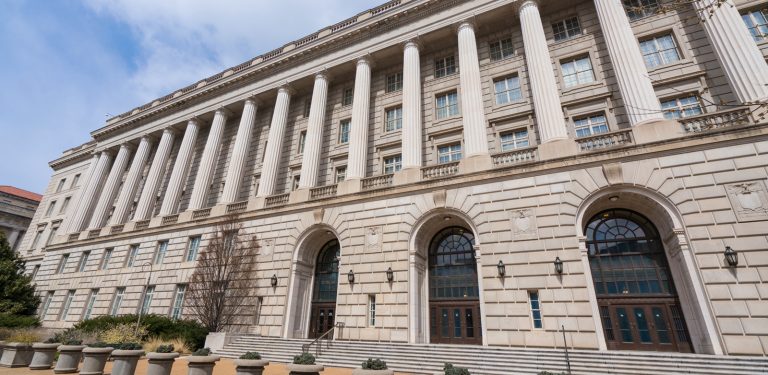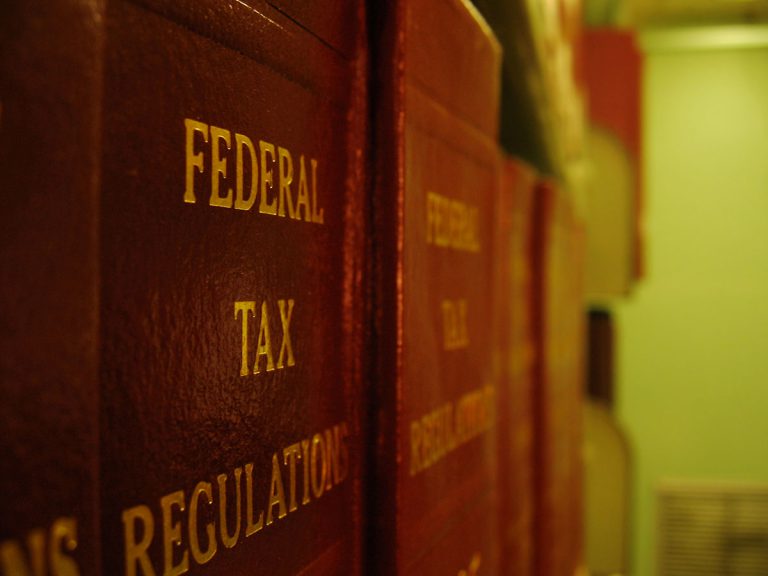
UNC Kenan-Flagler’s John Gallemore and co-authors found that, among other things, the complexity of the U.S. tax system has a disproportionately negative effect on small, domestic-owned and private firms.

Corporate Tax System Complexity and Investment
Effective policymakers must balance the demands of formulating a corporate tax system that spurs economic activity while promoting a “level playing field” across firms. However, tax systems have become more complex over time, increasing firms’ difficulty in understanding and complying with tax regulations. We explore the role of corporate tax system complexity in both objectives, using an international sample and measuring tax system complexity based on the average time firms spend to comply with the country’s tax regulations. Examining both capital and labor investment, we document two key findings. First, firm-level investment is less sensitive to changes in corporate income tax rates when tax system complexity is higher, suggesting that such complexity can undermine the ability of tax policy to stimulate investment. Second, the impact of complexity on the sensitivity of investment to the tax rate varies significantly across firms, with domestic-owned, smaller, and private firms being more negatively affected by tax system complexity.
We examine how tax-induced organizational complexity (“TIOC”), which we define as the organizational complexity that would not exist in a zero-tax world, is associated with executive performance measurement. While these structures can facilitate lower tax burdens, firms need to design their performance measurement systems to encourage executives to manage the associated complexity to avoid potential negative consequences. Using firms’ subsidiary structures in tax havens and other low tax countries to measure TIOC, we document several main findings.

Corporate Tax Disclosure
Policies that require, or recommend, disclosure of corporate tax information are becoming more common throughout the world, as are examples of tax-related information increasingly influencing public policy and perceptions. In addition, companies are increasing the voluntary provision of tax-related information. We describe those trends and place them within a taxonomy of public and private tax disclosure. We then review the academic literature on corporate tax disclosures and discuss what is known about their effects.

Corporate Tax Enforcement and Business Activity
We examine the consequences of corporate tax enforcement for business activity. Employing two different empirical approaches—a regional design and a firm-level design—we document that corporate tax enforcement is negatively associated with business activity. This association is economically significant and is robust to tests that mitigate concerns regarding endogeneity and measurement.

Corporate Tax Planning and Industry Concentration
Recent research has documented that industry concentration has increased significantly over the past 25 years, with potentially negative consequences for competition, productivity, and social welfare. Some have suggested that greater corporate tax planning by industry leaders, which can provide them with a cost advantage over their competitors, has contributed to this trend. As a result, policymakers are targeting such tax planning to reduce industry concentration.
We quantify the immediate net effect of the Tax Cuts and Jobs Act (TCJA) on the tax burden of corporate profits for public US corporations.

Does the Tax System Favor Superstar Firms?
We examine the validity of the underlying assumption that the tax system favors superstar firms, using both forward-looking and backward-looking measures of firms’ tax burdens. Across multiple specifications, we find little empirical support for the idea that superstar firms are tax advantaged.
UNC Kenan-Flagler Energy Center Director Stephen Arbogast discusses the power of carbon taxes to accomplish several goals for energy producers and consumers alike.
Research by the institute-affiliated UNC Tax Center shows just six publicly traded U.S. companies, including Amazon and Warren Buffett’s Berkshire Hathaway Inc., would have paid half the estimated $32 billion in revenue generated by a 15% corporate minimum tax signed into law last month. “Who actually pays a lot is just not very many firms at all,” said Jeff Hoopes, Kenan-Flagler Business School professor and the center’s research director, who is one of the study’s authors. “My guess is it will not be the same firms every single year.”
Blouin, a member of the Kenan Institute Board of Advisors, told Knowledge at Wharton that proposals to levy a 1% excise tax on corporate share buybacks and a 15% minimum tax on corporations that report more than $1 billion in book profits or in their financial statements were ill-conceived and based on misconceptions of corporate behavior.





In Over Our Head: The Debt Ceiling and Taxes
UNC Tax Center Research Director Jeff Hoopes discusses how the tax system figures into the debt ceiling standoff and why we probably won’t see any dramatic increases in taxes anytime soon.